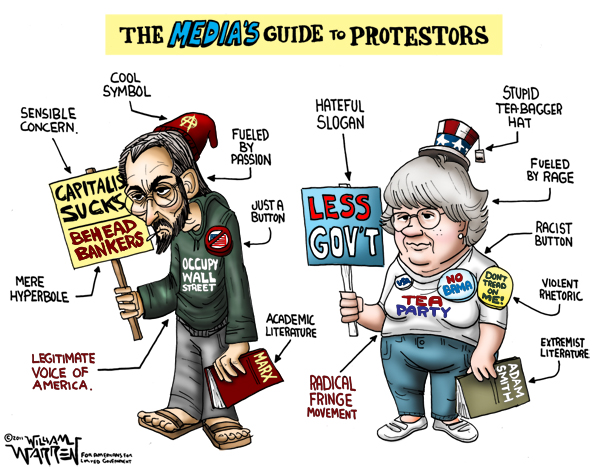Friday Link Wrap-up
California, like Greece, has been spending like there’s no tomorrow. And, like Greece, there may not be a tomorrow, if they can find $3.3 billion in the couch cushions.
Occupy Wall Street complained about how powerless they were against big banks and other members of "the 1%". Their solution was more government intervention to make things "fair". Ironically, their best success came when they themselves, the people, switched banks to protest fees and other things. In many cases, we don’t need government to act for us, we just need to act. The people already have the power. Use it!
James Taranto on the fallout from the Planned Parenthood / Susan G. Komen for the Cure dustup: "Planned Parenthood’s bitter campaign against Komen–aided by left-liberal activists and media–is analogous to a protection racket: Nice charity you’ve got there. It’d be a shame if anything happened to it. The message to other Planned Parenthood donors is that if they don’t play nice and keep coughing up the cash, they’ll get the Komen treatment."
Speaking of which, if even a New York Times columnist recognizes press bias in anything dealing with abortion, you know it’s getting much worse.
Speaking of which, while the media did report that donations to Planned Parenthood were up after the controversy, they conveniently didn’t report that Komen donations doubled.
Abortion pill via vending machine. Talk about changing the concept of "over the counter". What does it say about our society that a university finds it useful to dedicate entire vending machines to abortion pills? A cousin of mine commented, "These are the same people, of course, who will freak out at the presence of Chemicals In Food. But take a pill strong enough to abort before the fertilized egg attaches to the uterine wall? No biggie."
Churches using school buildings during weekends is not a church-state issue. It just isn’t. New York City politicians are evicting some because of fear of lawsuits, not for any actual legal reasons. As Ed Stetzer says, "Any constitutional concerns about church use of public school buildings can be answered by a religion-neutral approach. A government that is religion-neutral we will not discriminate based on the content of speech–even unpopular religious speech. Thus, I stand with my Muslim friends who wish to rent on Friday, my Jewish friends on Saturday, and my Christian friends on Sunday–all paying money to use space that belongs to us all."


